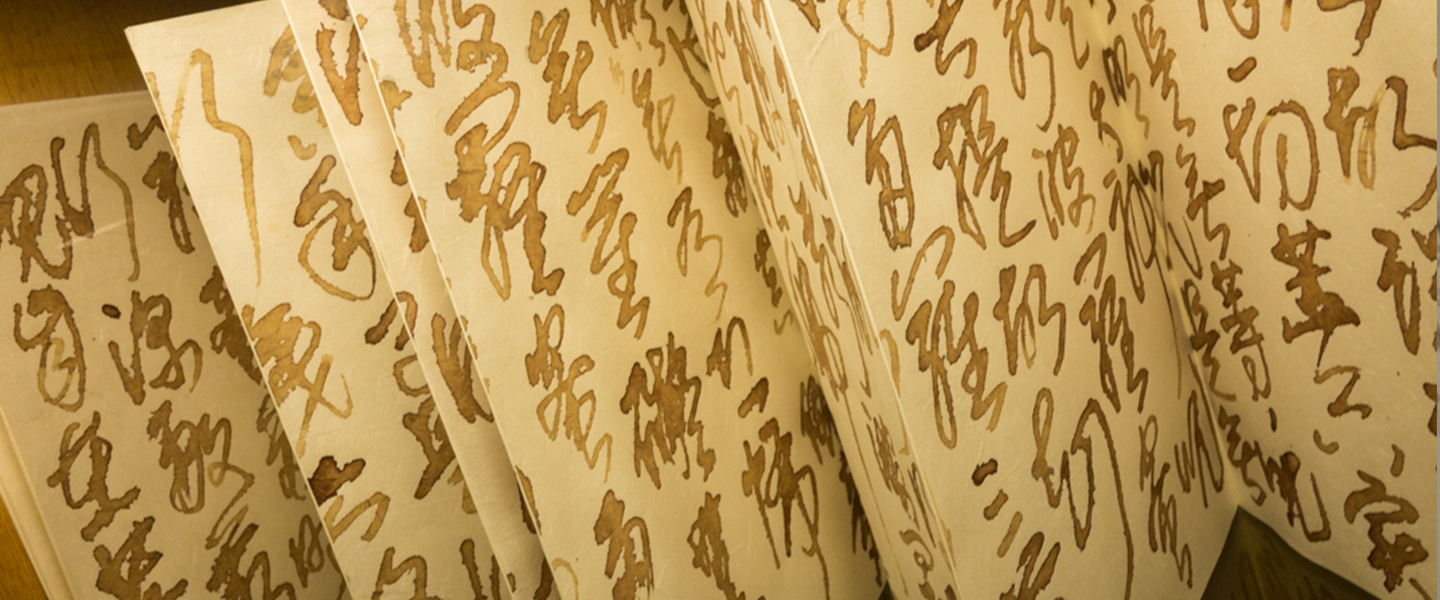A. J. Omartian '16
Taking Chinese to the Next Level
"After having spent almost 4 months at the ACC (Associated Colleges in China) program in Beijing, I can say without a doubt that my Chinese has improved by leaps and bounds. My reading comprehension of Chinese newspaper and articles has improved dramatically, and I am now more comfortable with holding a conversation with a native speaker. Improving my Chinese was the best part about ACC Beijing, but there were so many more amazing moments.
ACC Beijing is an intensive language and culture program located at Minzu University in Beijing. While studying there, I took four classes from Monday to Thursday that covered a wide variety of contemporary Chinese subjects, from the “one child” policy to Beijing air pollution. Every Friday we had a test on the content we had covered the previous 4 days. My first class each day was a large-group class that met at 8 a.m. and included a 10-minute dictation after which students were called on to use sentence patterns to describe the lesson we had read about the night before. At 9 a.m. we broke into smaller classes of four students in which we were called on to use both vocabulary and sentence patterns from the night before to answer questions that the teacher asks. At 10 a.m., we would break into even smaller classes of about 2-3 people. This class was discussion-based in which we would use the sentence patterns and vocabulary to talk about a prepared topic. The very last class of the day was a one-on-one with a teacher in which we were expected to implement vocabulary and grammar to talk about either the text content or something we were interested in. I personally found that the one-on-one class, or “???” was the most helpful because I wasn’t restricted to talking about the content from the night before but could converse with my teacher about my particular interests. The final segment of the semester at ACC was an independent report project, in which students selected a topic to research and then, with the help of a teacher, wrote a research paper, made a presentation and then presented it to other ACC classmates, teachers, and Beijing locals.
In addition to academic classes and the independent project, students at ACC also get paired with either one or two language partner(s), most of whom are students from Minzu University who help you with your Chinese as well as show you around both the college and the local Haidian district. I was also assigned a host family, with whom I had meals on the weekends and who showed me around Beijing.
The college where ACC is located, Minzu University, is an ethnic minority university located in the Haidian district. The actual ACC building is located just inside the East gate of the college. Going out of the west gate leads to a stretch of road with a bunch of restaurants and little side shops. The campus also has its own supermarket, and there’s another one pretty close to the west gate. Outside of the east gate, you can reach the bus and subway lines, which take you to other areas in the Haidian district. For anyone looking for a gym, a 10 minute walk from the east gate will lead you to a modern western style gym, where ACC students receive discounted prices.
A typical weekday for me involved waking up at 7:30 a.m. to review my vocabulary for the daily dictation. Then we would have class until 12 p.m., at which time a few friends and I would go to one of the restaurants outside of the west gate. After that, I usually went to the gym. The rest of the day for me was pretty much devoted to studying, as we had as many as 100 new vocabulary words that we would have to memorize for the dictation the following day. Weekends were much more relaxed and I often would visit my host family and they would take me to places around Beijing that I had not seen before, such as the National Aquatics Center and the White Cloud Temple. In addition to these activities, ACC also organized weekend activities to get us immersed in the local culture. For example, one night we went to the Peking Opera.
After graduation, I plan to return to China to continue learning the language to become as fluent as I can. As a computer science major and East Asian studies minor, I intend to pursue a career in cybersecurity, combining my computer science skills with my knowledge of Chinese.
Overall, ACC was a great program for me not only to improve my Chinese, but also to immerse myself in contemporary Chinese culture. Through the multitude of topics in class, the great teachers, my host family, and my language partners, I have gained much more confidence in speaking and writing the Chinese language, and developed a much deeper understanding of Chinese culture. I would recommend this program to anyone looking to take their Chinese to the next level."
